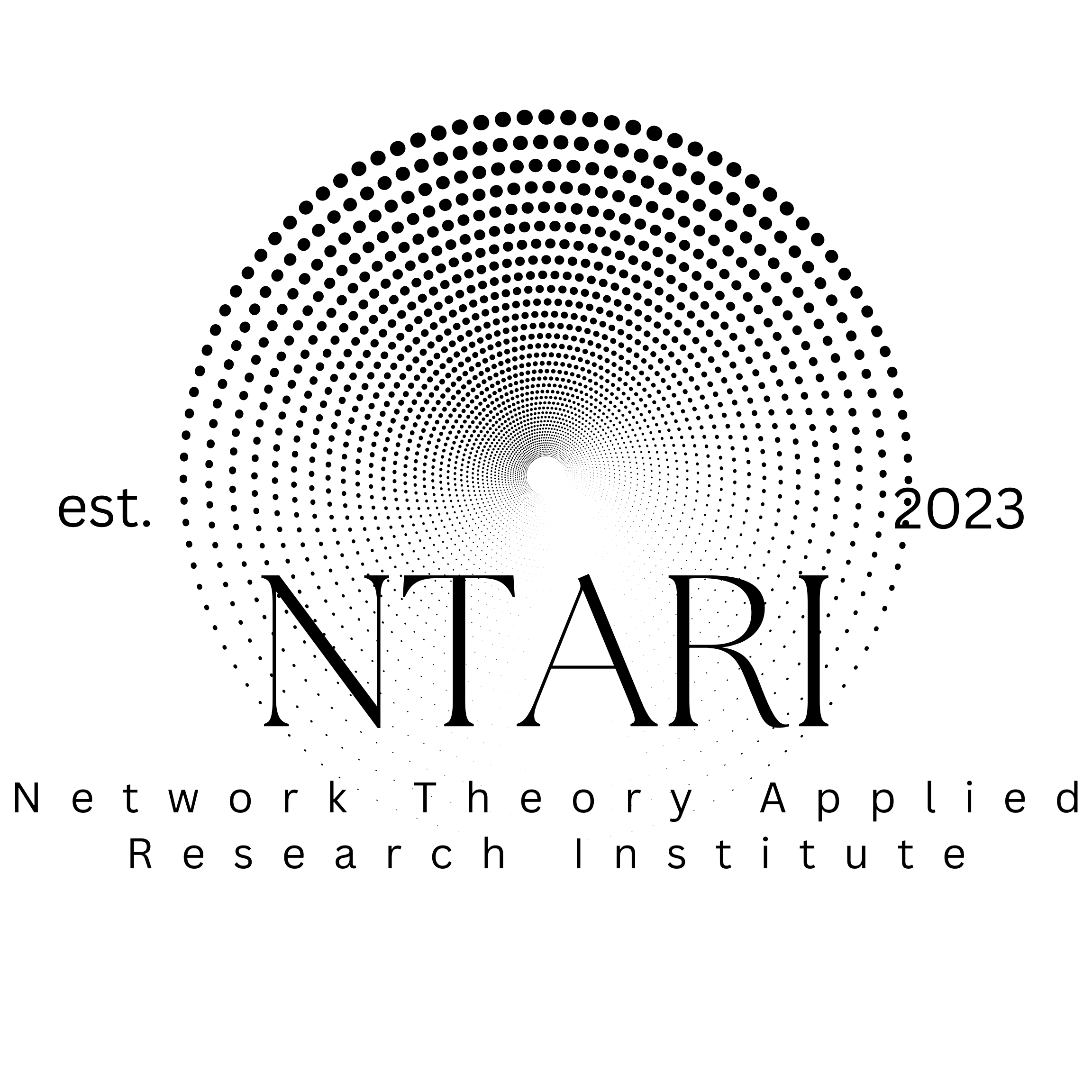Consul Democracy: A Report on Forks, Distribution, and Modifications
- the Institute
- Oct 22
- 3 min read
Summary
This report examines the evolution, distribution, and modifications of Consul Democracy, an open-source digital democracy platform. Originally developed by the Madrid City government in 2015, Consul Democracy has since spread globally with approximately 250 implementations across cities and organizations worldwide. The software enables participatory democracy through features such as citizen proposals, consultations, voting, participatory budgeting, and collaborative legislation.

Origin and Historical Context
Consul Democracy emerged from Spain's social and political movements, specifically influenced by the "Los Indignados" and "Democracia Real Ya!" protests of May 2011. These grassroots movements led to the formation of citizen platforms, including "Ahora Madrid," which won local elections and subsequently developed the platform initially called CONSUL in 2015. The software was designed to empower citizens by including them directly in local decision-making processes.
In 2019, a significant transition occurred with the establishment of the Consul Democracy Foundation, which took over the maintenance and development of the software from the Madrid municipality. This strategic move aimed to reduce dependencies and embrace the growing global community of users.
Geographic Distribution
The Consul Democracy platform has achieved substantial global reach:
- Regions with Strong Presence:
- Europe (particularly strong presence)
- South America (significant adoption)
- Recent Expansions:
- Africa (Somalia)
- Asia (Maldives)
- Notable City Implementations:
- Madrid (Spain) - original developer
- Munich (Germany)
- Buenos Aires (Argentina)
- Porto Alegre (Brazil)
- New York (USA)
- User Base Composition:
- Cities and local-level institutions form the largest segment
- Regional governments constitute the second-largest user group
Chronological Implementation
The timeline of Consul Democracy's development and expansion includes:
- 2011: Los Indignados and Democracia Real Ya! protests in Spain
- 2015: Initial development by Madrid City Council
- 2016: International adoption begins
- 2019: Establishment of the Consul Democracy Foundation
- 2020: Collaboration with United Nations Development Programme (UNDP) to create a Sustainable Development Goals (SDG) module
- 2019-2024: Expansion to approximately 250 cities and organizations
- 2025: Continued growth and development with release 2.2.1 (maintenance release)

Forks and Modifications
As an open-source platform under the Affero GPL version 3 license, Consul Democracy has been extensively forked and modified:
- Notable Forks:
- Decidim: Developed in Barcelona as a fork of Consul Democracy
- Meet-Democracy: A fork maintaining compatibility with the main project
- Code4Romania: Fork used for Romanian implementations including Sinaia, Brasov, and Dumbravita
- Modification Types:
1. Feature Customizations: Organizations adapt specific modules to their needs
2. Interface Modifications: Customization of appearance to align with institutions' corporate image
3. Language Adaptations: Translation to over 45 languages through collaborative processes
4. Integration with Local Systems: Adaptations to work with existing government IT infrastructure
Technical Implementation
The Consul Democracy platform is built using:
- Backend: Ruby (version 3.2.7)
- Database: PostgreSQL (version 9.5 or higher)
- Additional Technologies: Node.js, CMake, pkg-config, and ImageMagick
Implementation requires technical expertise, preferably as part of a dedicated participation team. The code repository is primarily hosted on GitHub, with most forks also using this platform to facilitate collaboration and sharing of improvements.
Community and Collaboration
A robust community ecosystem has developed around Consul Democracy:
- Foundation Role: Acts as the central hub for development and community support
- Certified Companies: Technical partners who understand the codebase and assist with implementation
- Regional Partners: Organizations that promote and support Consul Democracy in specific regions
- Knowledge Exchange: Community channels like Slack with approximately 700-800 users worldwide
- Events: CONSULCon conferences bringing together participation experts and implementers
Statistical Analysis

Implementation Metrics
- Total Implementations: Approximately 250 cities and organizations
- Population Reach: Over 100 million citizens worldwide have access to participation websites using Consul Democracy
- Language Support: Translated into more than 45 languages
Geographic Distribution
- Continental Distribution:
- Europe: ~60% of implementations
- South America: ~30% of implementations
- North America, Africa, Asia: ~10% combined
Implementation Types
- Municipal Level: ~70% of implementations
- Regional Government Level: ~25% of implementations
- Other Organizations: ~5% of implementations
Technical Variations
- Full Platform Implementations: ~65% using all features
- Partial Implementations: ~35% selecting specific modules
Conclusion
Consul Democracy represents a significant contribution to digital democracy, enabling citizen participation across diverse geographic and political contexts. The open-source nature of the software has fostered a global community of practice, with extensive adaptations and modifications tailored to local needs. The platform continues to evolve through the efforts of the Consul Democracy Foundation, certified partners, and the broader community of users and developers.
The sustained growth of implementations suggests a continued interest in digital tools for participatory democracy, with the flexibility of the platform allowing for adaptation to diverse contexts and requirements. As implementations continue to expand globally, particularly into regions with limited previous representation, the potential for knowledge sharing and innovation around digital democracy practices increases.
---
*Note: This report is based on publicly available information as of March 2025. Statistical figures are approximations derived from multiple sources and should be considered indicative rather than definitive.*






Comments